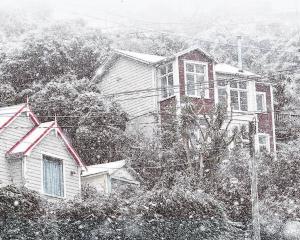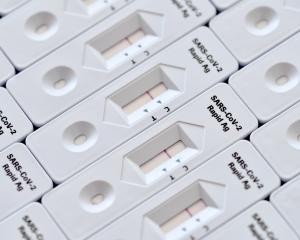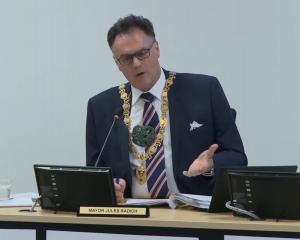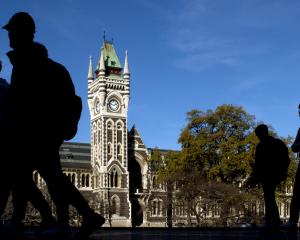
Statistics New Zealand data released this week has only fuelled the debate. It shows the country has experienced record levels of net migration in the year to January 2017. The net migration - the number of immigrants who arrive less those who left the country - was 71,305.
A quarter of immigrants were New Zealanders returning home.
Otago shone brightly in the statistics. Its net migration was 2164, a 44% increase on the previous year. More than a quarter of migrants to Otago were Australians.
It is a significant turnaround from four and five years ago when all the talk was about the number of New Zealanders heading across the Tasman.
The benefits of immigrants is always fiercely debated. More people wanting to live in New Zealand generally indicates the economy is healthy and foreigners are keen to be part of that. They bring diversity to our culture, new work skills and can help boost population in smaller areas.
In the negative ledger is the impact on unemployment (New Zealand already has 140,000 people out of work), and the fact many want to live in already well-populated areas, such as Auckland, placing more strain on infrastructure and housing markets.
Prime Minister Bill English defended the figures and, somewhat strangely, said a growing number of New Zealanders failing workplace drug tests was a reason not to limit unskilled immigrant numbers. Mr English claimed businesses raised with him ''two or three times a week'' concerns about local workers failing drug tests.
Businesses said they could not fill vacancies, especially in the hospitality and horticulture industries.
Mr English was unable to provide data to back up those claims but said it was a common discussion he had with business leaders.
But the comments appear unfounded as Ministry of Social Development figures, released to The New Zealand Herald, show relatively low levels of jobseekers testing positive for drugs. There were 466 ''drug-related work obligation failures'' between July 2013 and June 2016.
What no-one has answered is what happens to these New Zealanders who failed workplace drug tests? Are they moving to other jobs, which do not require drug testing, or are they left to form orderly queues at the unemployment office?
Opposition parties have been quick to criticise the immigrant increase and Mr English's reasoning.
New Zealand First leader Winston Peters, known for his tough immigration stance particularly in an election year, said more than half were settling in Auckland, where there was an acute housing shortage.
Labour's finance spokesman, Grant Robertson, said the drug test comments were a ''diversionary tactic'' to hide the Government's record on job creation and raising incomes, while Council of Trade Unions president Richard Wagstaff accused Mr English of using ''alternative facts''.
Otago's immigrant gain has been welcomed by Otago Chamber of Commerce chief executive Dougal McGowan and labelled a signal of confidence in the region.
The region's relatively laid-back lifestyle, lack of traffic woes and affordable housing, outside Queenstown at least, were positives. Immigration NZ was unable to provide a breakdown of where Otago immigrants were moving but there are suspicions the bright lights of the Queenstown area are an attraction for many.
Dunedin has always attracted its share of immigrants thanks to the university and health sector.
Long may that continue.












